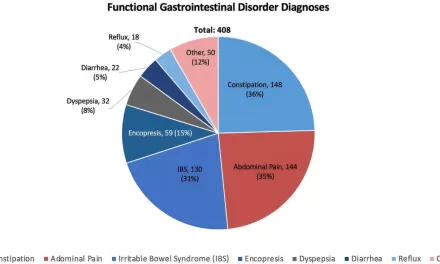December 30, 2024 – A groundbreaking study from Nanjing Medical University in China has highlighted medical ozone therapy as a promising treatment for sepsis-induced acute lung injury (ALI), a severe condition often linked to high mortality rates. The findings, published in the Journal of Biomedical Research, offer hope for improving outcomes in patients with limited treatment options.
Sepsis, a life-threatening complication of infection, is a leading cause of both ALI and acute respiratory distress syndrome (ARDS). These conditions result from a cascade of inflammation, immune system dysregulation, and coagulation abnormalities, creating complex challenges in critical care.
How Ozone Therapy Works
A key feature of sepsis-induced ALI is the formation of neutrophil extracellular traps (NETs), web-like structures that trap pathogens but also exacerbate inflammation and lung damage. According to the study, medical ozone therapy effectively clears these NETs, leading to significant improvements in survival rates and lung function in preclinical mouse models.
“Our research demonstrates that medical ozone therapy could dramatically improve the management of sepsis-induced ALI,” said Dr. Wen-Tao Liu, the study’s principal investigator. “This represents a promising new approach to critical care that could lead to better outcomes for patients suffering from sepsis.”
Implications for Future Treatment
The study’s findings suggest that ozone therapy may address critical gaps in the current treatment landscape for sepsis-induced lung injury. While existing treatments focus primarily on supportive care and controlling the underlying infection, ozone therapy directly targets the inflammatory and immune processes driving lung injury.
If the positive results observed in animal models can be replicated in human trials, ozone therapy could become a transformative treatment for sepsis-induced ALI. “The potential of ozone therapy to improve survival and lung function represents a significant step forward in treating this deadly condition,” the authors noted.
A Beacon of Hope for Sepsis Patients
Sepsis-induced ALI remains a condition with few effective treatments, often leaving patients and their families with bleak prognoses. The development of a novel therapy like medical ozone treatment offers renewed hope for those affected.
As further research unfolds, this innovative approach may soon become a cornerstone in the fight against sepsis. By reshaping the way we treat one of the most critical complications of infection, ozone therapy holds the potential to save countless lives and improve the quality of care in intensive care units worldwide.












